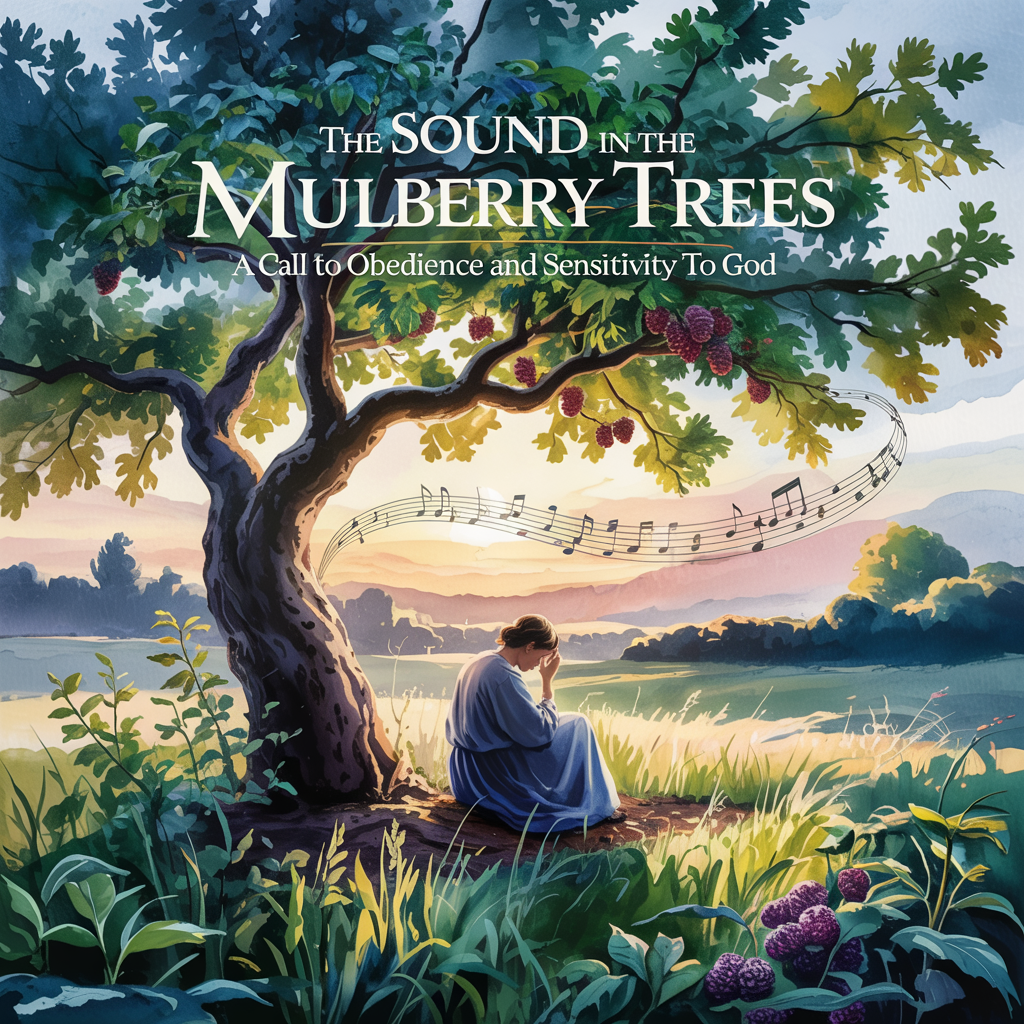Physical Address
304 North Cardinal St.
Dorchester Center, MA 02124
Physical Address
304 North Cardinal St.
Dorchester Center, MA 02124

Obedience is the Lord’s delight. It is His desire that we submit our lives completely to Him, walking in step with His will at every turn. The Bible repeatedly emphasizes that God created us for His pleasure (Revelation 4:11), and He calls us to return that life to Him in total submission. This is not an arbitrary command; rather, it is the key to experiencing true victory and divine partnership in our daily battles.
Acknowledging God in All Things
The instruction to “acknowledge Him in all your ways” (Proverbs 3:6) is not a cliché but a divine mandate. God seeks to be Lord over every aspect of our lives, not just some parts. If He is not Lord of all, then He is not truly Lord at all. Many times, we attempt to navigate life by our own wisdom, but Scripture warns us against this approach. The psalmist declares, “The steps of a good man are ordered by the LORD, and He delights in his way” (Psalm 37:23). This ordering of our steps requires us to seek Him continually, as David did.
David’s First Inquiry: Seeking God Before Battle
In 2 Samuel 5:17-20, we see an important example of David’s obedience. After he was anointed king over Israel, the Philistines came against him. Instead of rushing into battle presumptuously, David inquired of the Lord:
“Shall I go up against the Philistines? Will You deliver them into my hand?” (2 Samuel 5:19)
God answered, “Go up, for I will doubtless deliver the Philistines into your hand.” David obeyed, and God granted him victory at Baal Perazim, which means “The Lord who breaks through.” The victory was so overwhelming that David declared, “The LORD has broken through my enemies before me, like a breakthrough of water.”
This teaches us a vital principle: Before we engage in any battle—whether spiritual, personal, or professional—we must first seek God’s guidance. The greatest victories are won not through human wisdom or past experience but through obedience to divine instruction.
David’s Second Inquiry: A Different Strategy for the Same Enemy
After the first victory, the Philistines regrouped and attacked again. It would have been easy for David to assume that the same strategy would work. But instead, he again sought the Lord:
“Therefore David inquired of the LORD, and He said, ‘You shall not go up; circle around behind them, and come upon them in front of the mulberry trees.” (2 Samuel 5:23)
God’s instructions were different this time. He told David to wait for a sign—the sound of marching in the tops of the mulberry trees. This was a supernatural indication that the Lord Himself had gone ahead to fight. Only then was David to advance.
This demonstrates a crucial lesson: Even when faced with familiar battles, we cannot rely on past victories or human experience alone. Each situation requires fresh guidance from God. The theologian Adam Clarke comments that many do not receive such divine direction today because they do not ask. They do not ask because they do not expect an answer, and this lack of expectation is rooted in a refined form of atheism that ignores spiritual communion with God.
The Marching in the Mulberry Trees: Recognizing God’s Timing
God’s instruction came with a divine sign:
“And it shall be, when you hear the sound of marching in the tops of the mulberry trees, then you shall advance quickly.” (2 Samuel 5:24)
Many scholars believe this “marching” was the sound of angelic hosts moving ahead to fight. Charles Spurgeon describes it as “the footsteps of angels walking along the tops of the mulberry trees.”
This principle remains true in our daily walk with God. When we sense God moving, we must advance quickly. It is not a time for hesitation, doubt, or second-guessing. It is a time to act in obedience and faith.
Awakening to God’s Move
The King James Version phrases 2 Samuel 5:24 powerfully:
“When thou hearest the sound of a going in the tops of the mulberry trees, that then thou shalt bestir thyself.”
Spurgeon points out that it says bestir thyself—not others. Often, we focus on stirring up those around us, which can lead to empty emotionalism. Instead, we must first stir ourselves.
This stirring must happen in several ways:
A Call to Prayer: When we perceive God at work, we should be driven to deeper intercession. The rustling in the trees should awaken us to seek Him more earnestly.
A Call to Action: When God signals movement, we should be ready to step forward in obedience. Delayed obedience can mean missed opportunities.
A Call to Repentance: Crisis and challenges can also be divine signals calling us to examine our hearts and realign with God’s purposes.
Conclusion: Listening for the Sound
Are we attentive to the “rustling in the mulberry trees” in our own lives? Are we inquiring of the Lord before every decision, or are we leaning on past victories and human wisdom? True victory comes when we are sensitive to God’s voice, waiting for His leading, and advancing when He commands.
Let us bestir ourselves—not waiting for others to move first, but taking responsibility for our spiritual lives. When God moves, let us move with Him. When He speaks, let us obey without hesitation. That is the pathway to triumph, to divine partnership, and to a life fully surrendered to the Lord’s will.
“Blessed are those who hear the word of God and obey it.” (Luke 11:28)